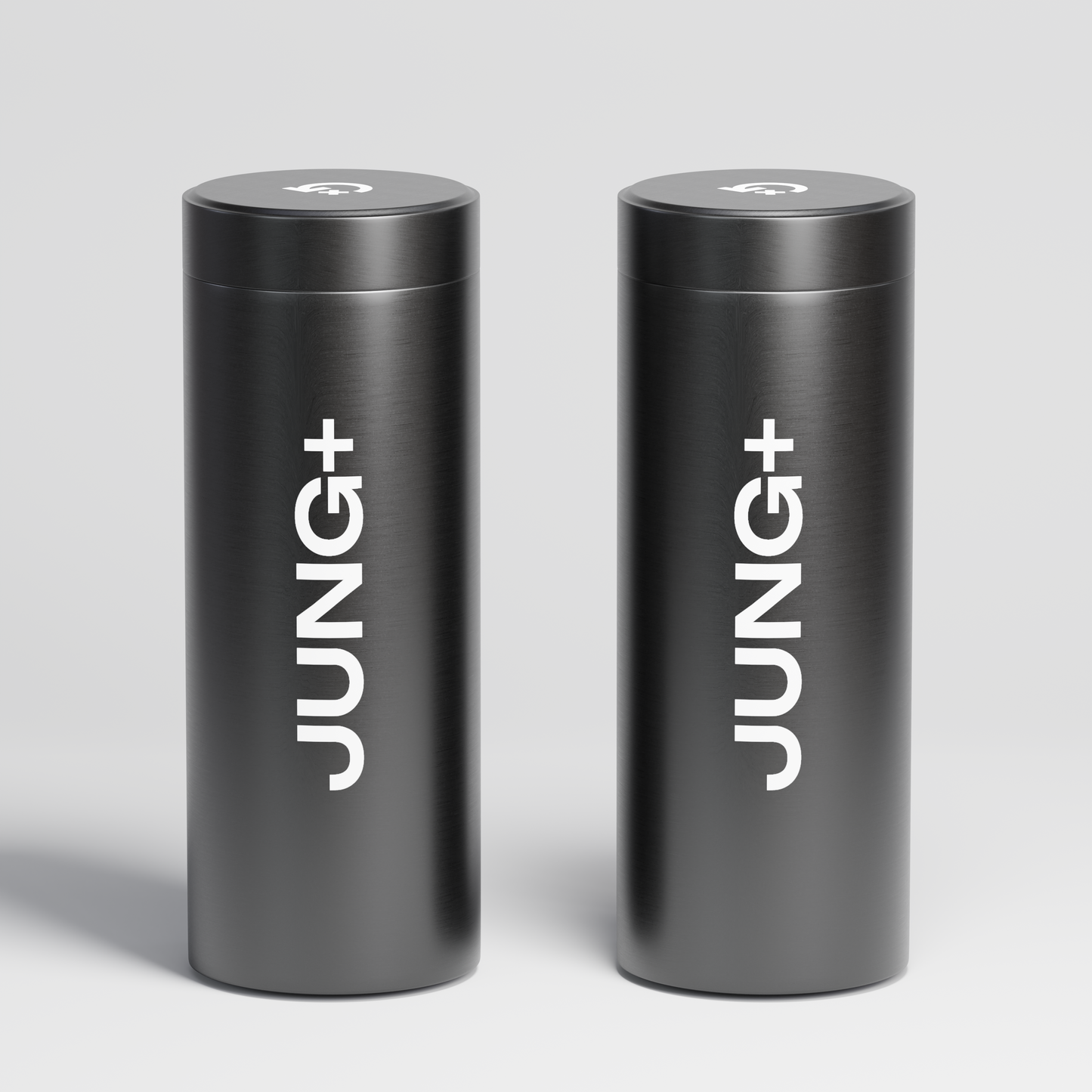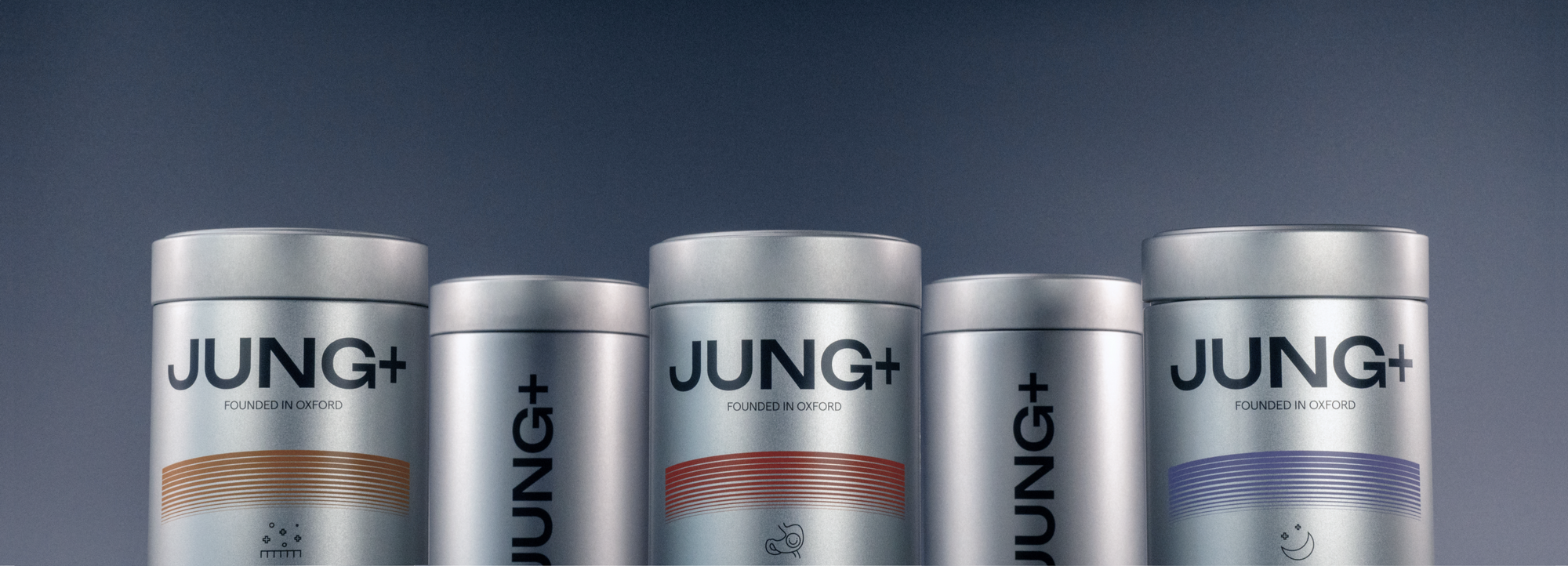"Zinc is needed for the creation of DNA and the growth of cells, building proteins, healing damaged tissue, and supporting a healthy immune system function."
Dr. Scott Kaiser, a board-certified family medicine physician and geriatrician

FREE SHIPPING ON ALL SUBSCRIPTIONS!
FREE SHIPPING ON ALL SUBSCRIPTIONS!
FREE SHIPPING ON ALL SUBSCRIPTIONS!
FREE SHIPPING ON ALL SUBSCRIPTIONS!
FREE SHIPPING ON ALL SUBSCRIPTIONS!
FREE SHIPPING ON ALL SUBSCRIPTIONS!
FREE SHIPPING ON ALL SUBSCRIPTIONS!
FREE SHIPPING ON ALL SUBSCRIPTIONS!
FREE SHIPPING ON ALL SUBSCRIPTIONS!
FREE SHIPPING ON ALL SUBSCRIPTIONS!
FREE SHIPPING ON ALL SUBSCRIPTIONS!
FREE SHIPPING ON ALL SUBSCRIPTIONS!
FREE SHIPPING ON ALL SUBSCRIPTIONS!
FREE SHIPPING ON ALL SUBSCRIPTIONS!
FREE SHIPPING ON ALL SUBSCRIPTIONS!
FREE SHIPPING ON ALL SUBSCRIPTIONS!
FREE SHIPPING ON ALL SUBSCRIPTIONS!
FREE SHIPPING ON ALL SUBSCRIPTIONS!
FREE SHIPPING ON ALL SUBSCRIPTIONS!
FREE SHIPPING ON ALL SUBSCRIPTIONS!
FREE SHIPPING ON ALL SUBSCRIPTIONS!
FREE SHIPPING ON ALL SUBSCRIPTIONS!
FREE SHIPPING ON ALL SUBSCRIPTIONS!
FREE SHIPPING ON ALL SUBSCRIPTIONS!
FREE SHIPPING ON ALL SUBSCRIPTIONS!
FREE SHIPPING ON ALL SUBSCRIPTIONS!
FREE SHIPPING ON ALL SUBSCRIPTIONS!
FREE SHIPPING ON ALL SUBSCRIPTIONS!
FREE SHIPPING ON ALL SUBSCRIPTIONS!
FREE SHIPPING ON ALL SUBSCRIPTIONS!
"Zinc is needed for the creation of DNA and the growth of cells, building proteins, healing damaged tissue, and supporting a healthy immune system function."
Dr. Scott Kaiser, a board-certified family medicine physician and geriatrician
Zinc, an essential trace mineral, is a cornerstone of human health and longevity. Involved in hundreds of enzymatic reactions and critical cellular processes, zinc’s role extends beyond basic nutrition. From bolstering immune function and promoting tissue repair to supporting cognitive health and slowing the effects of aging, zinc stands out as a key ingredient in the quest for a longer, healthier life.
Oxidative Stress Reduction: Oxidative stress, caused by an imbalance of free radicals and antioxidants, accelerates cellular aging and is linked to chronic diseases. Zinc functions as a powerful antioxidant, helping to neutralize reactive oxygen species (ROS) and reduce oxidative damage to cells. A study published in Frontiers in Nutrition demonstrated zinc’s ability to decrease markers of oxidative stress while improving cellular repair mechanisms (Prasad, 2014).
Support for DNA Repair and Cell Division: Zinc is essential for maintaining genomic integrity, playing a critical role in DNA synthesis and repair. By supporting mitotic cell division and preventing DNA damage, zinc contributes to cellular renewal, a fundamental aspect of anti-aging. Studies have linked zinc deficiency to genomic instability, which is a hallmark of aging and age-related diseases (Tudor et al., 2005).
Reduction of Inflammation: Chronic inflammation is a key driver of aging and diseases such as cardiovascular disease, diabetes, and neurodegeneration. Zinc exerts anti-inflammatory effects by inhibiting the activation of nuclear factor kappa B (NF-κB), a protein complex that regulates inflammatory responses. Research shows that zinc supplementation significantly reduces inflammatory markers like C-reactive protein (CRP) and interleukin-6 (IL-6) (Bao et al., 2010).
Immune Function and Infection Resistance: Zinc is indispensable for immune health, influencing the activity of various immune cells. It enhances the production of T-cells, which are crucial for fighting infections. In elderly individuals, zinc supplementation has been shown to reduce the incidence of infections and improve immune responses by boosting thymic regeneration and immune cell activity (Duchateau et al., 1981).
Tissue Regeneration and Wound Healing: Zinc supports tissue regeneration by stimulating collagen synthesis and promoting angiogenesis, the formation of new blood vessels. This makes it critical for wound healing and maintaining skin integrity. Advanced formulations, such as zinc-based biomaterials, are being developed to enhance tissue repair and regeneration (O’Connor et al., 2020).
Cognitive Health and Neurological Support: Zinc plays a vital role in neurotransmitter function, supporting brain health and cognitive function. Deficiency in zinc has been linked to neurodegenerative diseases and cognitive decline. Zinc’s ability to combat oxidative stress and inflammation may protect neurons and preserve cognitive function as we age (Prasad, 2014).
Sleep Regulation: Zinc is known to influence sleep quality by modulating neurotransmitters and hormones involved in sleep regulation, such as melatonin. Improved sleep, in turn, supports recovery, mood, and overall health, making zinc an integral part of a healthy lifestyle (Kumar, 2016).
Synergistic Benefits with Magnesium and Vitamin B6: When combined with magnesium and vitamin B6, zinc exhibits enhanced benefits, particularly in reducing stress and improving mental well-being. Studies on the ZMA (zinc-magnesium-B6) combination highlight improvements in testosterone levels, sleep quality, and muscle recovery (Brilla & Conte, 2000).
Bone Health: Zinc is essential for maintaining bone density and strength. It promotes osteoblast activity (cells that build bone) and inhibits osteoclast activity (cells that break down bone). These mechanisms help prevent bone loss and support skeletal health, particularly in aging populations (Preeth et al., 2021).
Anti-Aging Effects: Zinc contributes to healthier aging by mitigating processes such as cellular senescence (aging at the cellular level), reducing oxidative damage, and supporting genomic stability. These effects help slow the onset of age-related diseases and improve overall quality of life (Prasad, 2014).
Zinc’s extensive benefits, spanning immune health, tissue repair, cognitive function, and anti-aging, make it a cornerstone of a comprehensive longevity plan. By supporting cellular processes that maintain health and combat aging, zinc helps ensure a vibrant and active life.
Whether you’re looking to enhance your resilience against illness, recover faster, or simply promote long-term health, zinc offers scientifically backed benefits that are hard to ignore. Let it be your partner in the journey toward longevity and vitality.

Cognitive Support: Adequate zinc levels improve neurological health, supporting memory and cognitive function as the brain ages (Kumar, 2016).
Zinc supplementation in elderly individuals showed a significant reduction in infections and improved immune system performance. In this randomized controlled trial, participants receiving zinc supplementation experienced enhanced cytokine responses, lower levels of oxidative stress markers, and decreased pro-inflammatory cytokines. The findings highlight zinc's potential to bolster immune defenses, particularly in aging populations prone to infections and chronic inflammation. Published in The American Journal of Clinical Nutrition (2007), titled "Zinc supplementation decreases incidence of infections in the elderly: effect of zinc on generation of cytokines and oxidative stress," by Prasad et al.
This study demonstrated that zinc supplementation in elderly individuals improved immune responses, reduced chronic inflammation, and extended survival rates in animal models. Zinc's interaction with metallothioneins was shown to restore innate immune functions and mitigate age-related immune decline, highlighting its role in promoting healthy aging. Published in Experimental Gerontology (2006), titled "Zinc-binding proteins (metallothionein and alpha-2 macroglobulin) and immunosenescence," by Mocchegiani et al.
Zinc’s role in bone tissue repair has been highlighted through its integration into bioactive nanofiber scaffolds. In a recent study, zinc complexes were incorporated into polycaprolactone (PCL) and gelatin scaffolds to promote osteogenesis and angiogenesis. Researchers observed enhanced expression of bone-forming markers such as Runx2, type 1 collagen, and osteoblast-specific microRNA, alongside improved vascular growth in in vivo models. These findings suggest zinc-based biomaterials could be transformative for bone repair and regeneration, offering both structural and biological support. Published in European Journal of Pharmaceutical Sciences (2021), titled "Bioactive Zinc(II) Complex Incorporated PCL/gelatin Electrospun Nanofiber Enhanced Bone Tissue Regeneration," by Preeth et al.
Zinc has been shown to positively influence sleep by increasing sleep efficiency and reducing the time needed to fall asleep. A randomized, double-blind study involving zinc-rich foods and supplements demonstrated that zinc improved sleep onset latency and overall sleep quality. These benefits are believed to be linked to zinc’s role in neurotransmitter regulation and its anti-inflammatory effects, which create a more favorable environment for restorative sleep. Published in Molecular Nutrition & Food Research (2017), titled "Zinc-rich oysters as well as zinc-yeast- and astaxanthin-enriched food improved sleep efficiency and sleep onset in a randomized controlled trial of healthy individuals," by Saito et al.
10-15 mg
per day
~6
medium Oysters
You would have to consume approximately medium Oysters to obtain the same amount of Zinc in one daily dose of Longevity Foundation
Zinc is most abundantly found in nature in oysters, red meat, and shellfish, which are renowned for their exceptionally high concentrations of this essential mineral

Zinc is crucial for over 300 enzymatic reactions in the body, supporting processes like protein synthesis, DNA repair, and immune function, all of which are foundational for maintaining health and longevity.
While zinc supports healthy aging by reducing inflammation and oxidative stress, it is not a treatment or cure for age-related diseases. It works as part of a balanced approach to longevity.
Zinc interacts with copper, iron, and magnesium. Excessive zinc can interfere with copper absorption, so balanced intake is key for optimal health.
Excessive zinc intake (above 40 mg daily) can lead to nausea, headaches, and decreased copper absorption, which may impair immune function.
Yes, zinc supports collagen synthesis and wound healing, protecting skin from oxidative damage and promoting elasticity and regeneration.
Zinc contributes to muscle repair by aiding protein synthesis and reducing inflammation, supporting muscle health during aging or after physical activity.
Aging is associated with reduced zinc absorption in the gut and increased zinc loss, making supplementation or dietary focus important to maintain optimal levels for longevity.

Zinc is a key component in our Longevity Foundation and Advanced Sleep Repair due to its essential role in supporting cellular health, immunity, and restorative sleep. Formulated at a clinical dose of 15 mg, zinc in these supplements helps combat oxidative stress, promote tissue repair, and enhance sleep quality, making it an integral part of our protocols for longevity and optimal wellness












Abraham, G., Schwartz, U., & Lubran, M. (1981). Effect of vitamin B6 on plasma and red blood cell magnesium levels in premenopausal women. Annals of Clinical and Laboratory Science, 11(4), 333-336.
Bao, B., Prasad, A., Beck, F., Fitzgerald, J., Snell, D. C., Bao, G. W., Singh, T., & Cardozo, L. (2010). Zinc decreases C-reactive protein, lipid peroxidation, and inflammatory cytokines in elderly subjects: a potential implication of zinc as an atheroprotective agent. The American Journal of Clinical Nutrition, 91(6), 1634-1641.
Brilla, L. R., & Conte, V. (2000). Effects of a novel zinc-magnesium formulation on hormones and strength. Journal of Exercise Physiology Online, 3(4), 26-36.
Cabreiro, F., Perichon, M., Jatje, J., Malavolta, M., Mocchegiani, E., Friguet, B., & Petropoulos, I. (2008). Zinc supplementation in the elderly subjects: Effect on oxidized protein degradation and repair systems in peripheral blood lymphocytes. Experimental Gerontology, 43(5), 483-487.
Ebrahimi, F. A., Foroozanfard, F., Aghadavod, E., Bahmani, F., & Asemi, Z. (2017). The effects of magnesium and zinc co-supplementation on biomarkers of inflammation and oxidative stress, and gene expression related to inflammation in polycystic ovary syndrome: A randomized controlled clinical trial. Biological Trace Element Research, 184(2), 300-307.
Iovino, L., Cooper, K., Kinsella, S., deRoos, P., Jain, R., Galimberti, S., Orciuolo, E., Benedetti, E., Petrini, M., & Dudakov, J. (2018). Zinc supplementation improves thymic regeneration after allogeneic HSCT by stimulating BMP4 production from endothelial cells. Biology of Blood and Marrow Transplantation.
Kumar, S. (2016). Zinc deficiency and its effect on the brain: An update. Journal of Nutrition and Health, 1(1), 1-8.
Mousain-Bosc, M., Roche, M., Polge, A., Pradal-Prat, D., Rapin, J., & Bali, J. (2006). Improvement of neurobehavioral disorders in children supplemented with magnesium-vitamin B6. Magnesium Research, 19(1), 53-62.
O’Connor, J., Kanjilal, D., Teitelbaum, M., Lin, S. S., & Cottrell, J. (2020). Zinc as a therapeutic agent in bone regeneration. Materials, 13(10), Article 2211.
Preeth, D. R., Saravanan, S., Shairam, M., Selvakumar, N., Raja, I. S., Dhanasekaran, A., Vimalraj, S., & Rajalakshmi, S. (2021). Bioactive zinc(II) complex incorporated PCL/gelatin electrospun nanofiber enhanced bone tissue regeneration. European Journal of Pharmaceutical Sciences, 158, 105768.
Prasad, A. (2014). Zinc is an antioxidant and anti-inflammatory agent: Its role in human health. Frontiers in Nutrition, 1, Article 14.

Build your stack, today
Tell us about yourself and your goals. We'll use your answers to determine your baseline and build your recommendations.